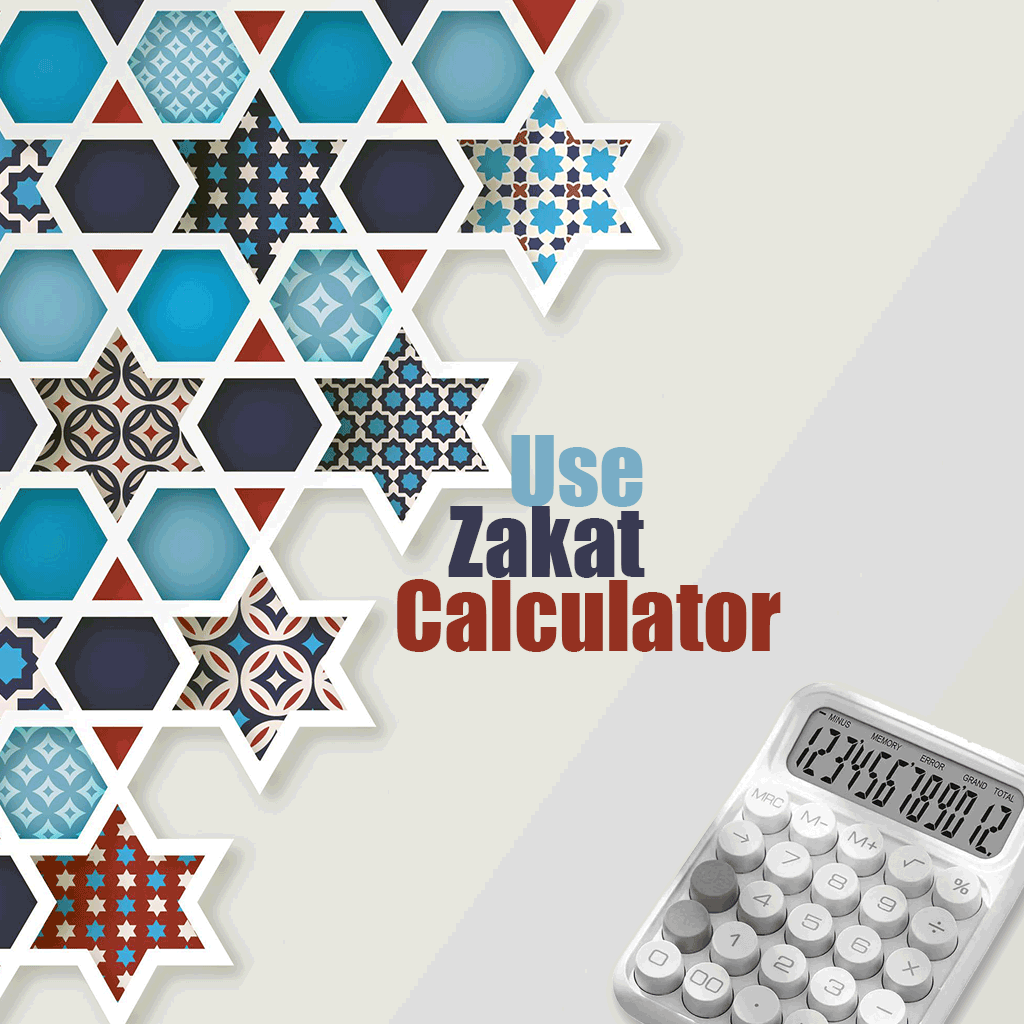Calculating your Zakat doesn’t need to be complicated. Once you understand what to include and how to do it, the process becomes easy and rewarding. This page will walk you through it step by step, so you can calculate your Zakat with confidence and peace of mind.
Whoever pays the Zakat on his wealth will have its evil removed from him.
(Sahih Ibn Khuzaymah)
Zakat doesn’t reduce your wealth. It cleans it, blesses it, and protects it from unseen harm.
Step 1: Set Your Zakat Anniversary Date
Zakat is paid once every Islamic lunar year — that’s around 354 days. Choose a date each year (like Ramadan 1st or the day you first became eligible) and stick to it.
You don’t need to wait until you have savings again. If your wealth remains above the Nisab threshold, Zakat is still due.
Step 2: Find the Current Nisab
Zakat only applies if your total wealth is above the Nisab. This is the minimum level of wealth needed to trigger the obligation.
The Nisab is based on:
- 87.5 grams of gold or
- 612.36 grams of silver
Because silver has a lower value, it makes more people eligible and helps more people. Most scholars recommend using silver as the safer option.
Check a reliable site for up-to-date values. At the time of writing, the silver Nisab is around £350–£400.
Step 3: Work Out Your Zakatable Assets
Add up all the assets you own that are subject to Zakat:
✅ Cash
In bank accounts, at home, in digital wallets, or in foreign currency.
✅ Gold and silver
Including jewellery and bullion — use current market prices.
✅ Investments
Shares, ISAs, crypto, pensions (if accessible), and sukuk.
✅ Business stock and profits
Value of inventory, cash in business, and receivables.
✅ Money owed to you
Loans you expect to be repaid soon or wages unpaid.
✅ Rental income
Money saved from rent earnings, not the property value itself.
Step 4: Deduct Immediate Liabilities
Now subtract any short-term debts or bills that are due soon:
- Unpaid utility bills
- Rent due
- Credit card balances
- Personal debts due to be paid soon
Don’t deduct long-term debts like a 25-year mortgage — only what’s immediately due.
Step 5: Calculate 2.5%
Once you have your net Zakatable wealth:
Zakat = 2.5% of that total
This is the standard rate, equivalent to 1/40th of your wealth. It is the minimum due — you can always give more.

Quick Example
Let’s say Amina has:
- £3,000 in savings
- £500 in gold
- £1,200 in stocks
- £300 in rent savings
- £400 owed to her
- £800 in bills due next week
Total assets = £5,400
Minus liabilities = £800
Zakatable amount = £4,600
Zakat = 2.5% of £4,600 = £115
Using a Zakat Calculator
If you’re still unsure, use a trusted Zakat calculator online. Just make sure:
- It’s based on UK currency and rates
- It includes all Zakatable assets
- It doesn’t round up or oversimplify
Still confused? Many local mosques and scholars offer help with this.
When Should I Pay It?
You should pay Zakat as soon as it becomes due. Don’t delay it unnecessarily. If you want to give it all in Ramadan for the reward, set your Zakat date accordingly.
You can also:
- Pay it in instalments throughout the year
- Pay early (and top up if you underestimated later)
- Pay extra as Sadaqah if unsure



How to Calculate Zakat FAQ’s
Yes. You can split your annual Zakat into monthly payments. Just make sure the full amount is paid by your Zakat anniversary.
Yes — if they are eligible and not dependents (like your parents, children, or spouse).
Aim to be as accurate as possible but round up rather than underpay. Zakat is a duty, but generosity is always better than stinginess.
You still need to pay it. Go back and estimate each missed year to the best of your ability. Zakat is not waived due to forgetfulness.
If you underpaid without realising, just pay the shortfall when you find out. If you overpaid, you’ll still be rewarded.








Sign up